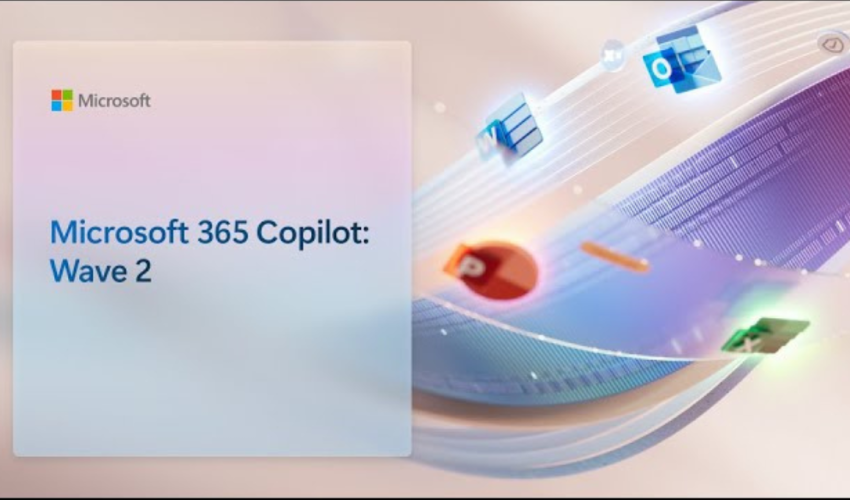Today, I’m excited to delve into Microsoft’s latest update to its AI assistant, Copilot, aptly named “Wave 2.” This significant enhancement brings a suite of new features designed to boost productivity and foster collaboration for both enterprise and personal users. As someone deeply invested in the AI industry, I see this as a pivotal moment that underscores the rapid integration of AI into our daily workflows.
One of the most notable additions is Copilot Pages. This feature allows users to create, edit, and share AI-generated insights with team members seamlessly. It’s a game-changer for collaborative AI use, enabling teams to harness collective intelligence and make more informed decisions swiftly. By promoting shared access to AI insights, Microsoft is fostering a more interconnected and efficient work environment.
The expansion of Copilot’s capabilities across Microsoft 365 applications is another leap forward. In Excel, Copilot now supports formulas, data visualization, and conditional formatting. This makes data analysis more intuitive, allowing users to derive insights without being deep experts in data science. PowerPoint’s new Narrative Builder can craft presentation outlines in minutes, streamlining the often time-consuming process of slide preparation. Teams has enhanced its meeting summaries to include chat content, ensuring that all pertinent information is captured and accessible. Outlook’s “Prioritize my inbox” feature intelligently flags important emails, helping users stay on top of critical communications. Word now offers enhanced referencing capabilities and inline collaboration with Copilot, making document creation more dynamic and interactive. Even OneDrive has integrated Copilot for file searching, summarizing, and comparing, simplifying file management across the board.
Perhaps the most intriguing development is the introduction of Copilot Agents. These AI assistants can perform specific tasks with varying levels of autonomy. With the new agent builder powered by Copilot Studio, users can create customized agents tailored to their unique needs. This opens up a realm of possibilities for automating routine tasks and dedicating more time to strategic initiatives.
On the technical front, Microsoft confirmed that Copilot now leverages GPT-4o, resulting in significantly faster response times. The plan to incorporate OpenAI’s latest o1 model, known for its advanced reasoning capabilities, signals a commitment to pushing the boundaries of what AI assistants can achieve. This progression not only enhances user experience but also sets a new benchmark in the AI assistant market.
From an industry standpoint, Microsoft’s advancements with Copilot reflect a broader trend of integrating AI more deeply into everyday tools. This evolution has notable implications:
- Increased Productivity: By automating routine tasks and providing intelligent insights, AI assistants like Copilot empower professionals to focus on higher-value activities.
- Democratization of AI: Enhancements in user-friendly AI tools make advanced technology accessible to a wider audience, reducing the barrier to entry for smaller organizations.
- Collaboration Enhancement: Features like Copilot Pages promote a culture of sharing and collective problem-solving, which can lead to more innovative outcomes.
However, with these advancements come considerations around data privacy, ethical AI use, and the potential need for upskilling employees to maximize these tools’ benefits. It’s crucial for businesses to navigate these changes thoughtfully, ensuring that technology adoption aligns with organizational values and objectives.
I’m keen to hear your perspectives on these developments. How do you envision AI assistants like Copilot transforming your work processes? What opportunities or challenges do you foresee with the integration of these new features into your daily operations?
